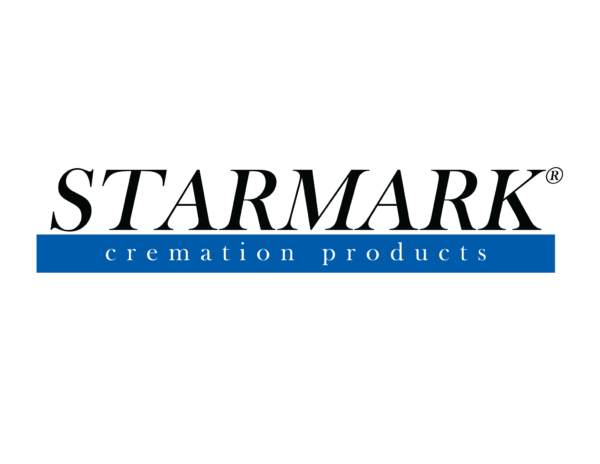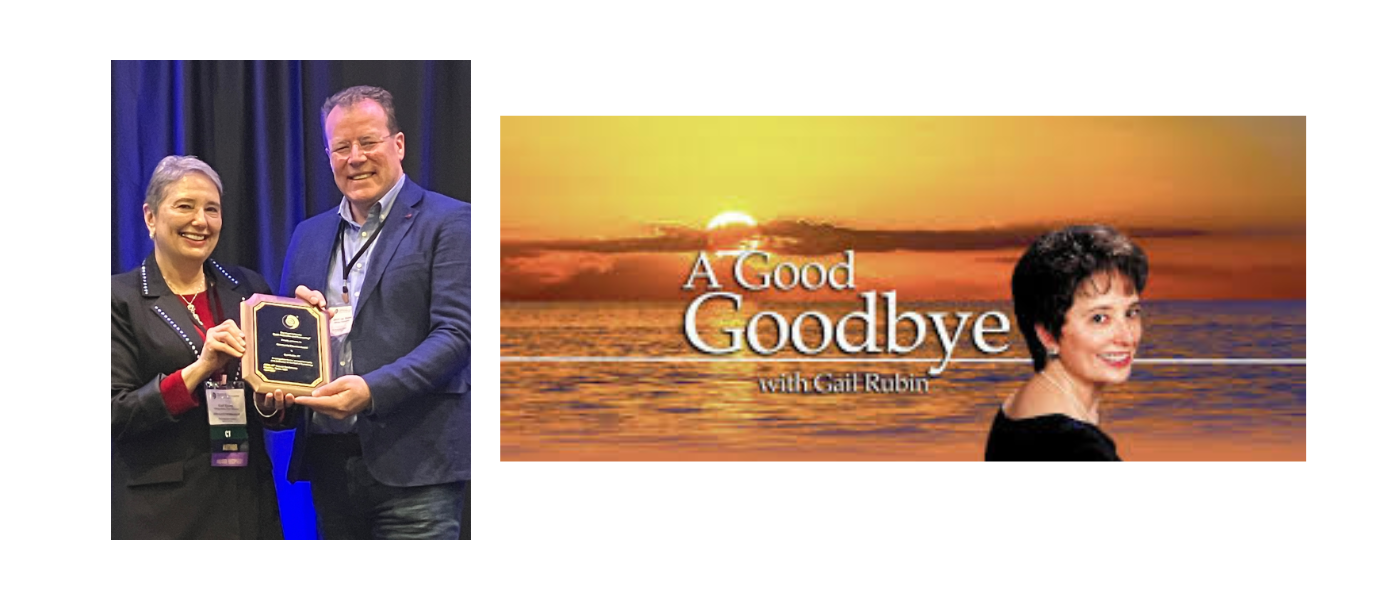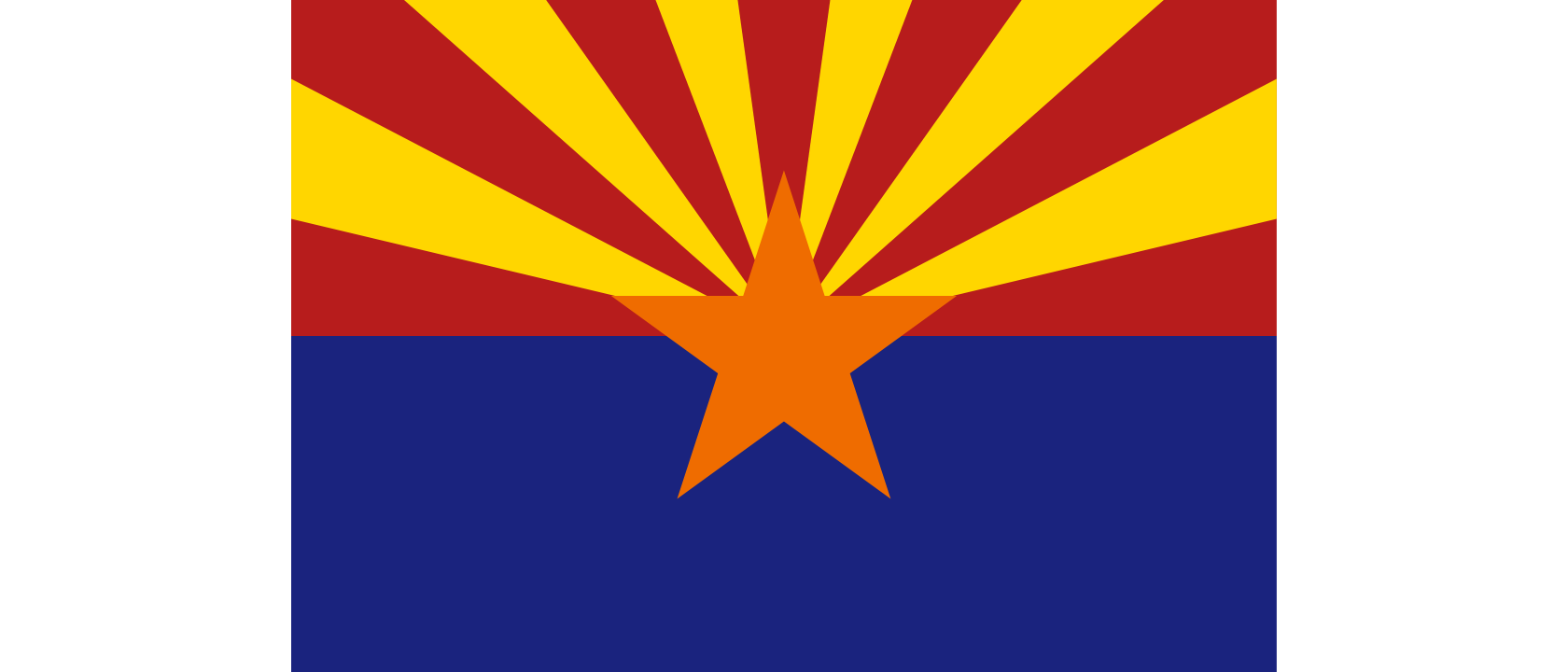Record Deaths in Japan Spurs New Businesses, Like Hotel for the Dead
 The Liss Center stands three stories high, sandwiched between large warehouses on the outskirts of Tokyo. A flickering sign greets visitors in the parking lot, and the hotel’s “guests” are welcomed through large metal doors. The antiseptic white walls and smell of disinfectants don’t exactly scream business hotel, but owner Nyokai Matsushima affectionately calls this “a business hotel for the dead.”
The Liss Center stands three stories high, sandwiched between large warehouses on the outskirts of Tokyo. A flickering sign greets visitors in the parking lot, and the hotel’s “guests” are welcomed through large metal doors. The antiseptic white walls and smell of disinfectants don’t exactly scream business hotel, but owner Nyokai Matsushima affectionately calls this “a business hotel for the dead.”
The Liss Center in the Shinkiba neighborhood acts as a temporary morgue. On this day there are 37 guests, or bodies. Each corpse is tagged with a bar code to avoid mix-ups. The bodies are carefully placed in one large refrigerator, and the ceilings come with antibacterial lights attached to avoid any decay.
“Guests” stay for 7,350 yen a night ? roughly $88, while bereaved families can opt to seek out advice on funeral services from hotel staff. The center is the first business venture for the longtime Buddhist monk and is intended to give Japanese families a place to hold bodies while dealing with the grief and pressure of a funeral. “I was inspired to build this hotel, about 14 years ago,” Matsushima says. “I wanted to create a space where the deceased could come to rest, without any pressure from funeral companies.”
The Liss Center is just the beginning for Matsushima who is joining an expanding list of businesses looking to cash in on the booming funeral industry here.
The number of deaths in Japan reached an all-time high last year, while the population dropped to record lows. Nearly a quarter of Japanese are 65 years or older, and that number is expected to climb to 40 percent by 2050 in the world’s fastest aging country. Those figures alone have prompted everyone from large retailers to former wedding providers to vie for a share in an increasingly crowded industry.
Last year, Japan’s second largest retailer Aeon partnered with 400 undertakers to offer funeral services at their stores. The supermarket chain said it cut costs by at least 40 percent by buying funeral-related items in bulk. In November, convenience store Family Mart announced it was considering offering similar services.
Nothing has been set in stone yet, but we don’t think it’s unusual to consider a service like this,” said spokesperson Shinno Takahashi. “When somebody dies, people often don’t know what to do. We want to be a place where they can come to for help.”
John Kamm, owner of All Nations Society Funeral Directors, the first foreign-owned Japanese burial company, says so many businesses are cashing in on the funeral industry because it isn’t regulated.
“Essentially anybody with a black suit can start one of these in Japan,” Kamm said. “This certainly would never happen in the U.S. It’s too highly regulated.”
Japanese funerals have traditionally consisted of a wake at the deceased’s home, a funeral at temple the next day, followed by a small family gathering at the crematorium.
But changing social customs have altered those traditions. An increasing number of families no longer have ties to local Buddhist temples. As a result, they’re opting for smaller gatherings at a crematorium, free of any religious overtones.
Kamm says cost-conscious consumers are also becoming smarter about how they spend their money. Funeral companies have historically controlled the entire process, offering kickbacks to hospitals that refer families to them, Kamm says. He adds funeral companies also get commission for referring business to everything from flower shops to monks.
The Japan Consumer’s Association estimates companies charge on average, more than $24,000 for the entire funeral package. But Kamm says his customers are pre-planning funerals to make sure they can find the best deals. In many cases, the elderly come themselves, concerned about burdening their children with the costs.
Tadaharu Okamoto brought his 76 year-old father’s body to the Liss Center when he heard about their services. He says he didn’t expect his father to pass away so soon and he didn’t want to feel rushed into planning the funeral.
“I thought the business was a little odd at first, but I had no choice,” Okamoto said. “I figured, I could take the body back if I wasn’t comfortable here.”
Okamoto opted to keep his father at the center for 10 days, and sought Matsushima’s help to plan the funeral. More than 300 people are expected to attend the funeral on Jan. 7 ? scheduled specifically, so guests could attend after the busy holiday season.



